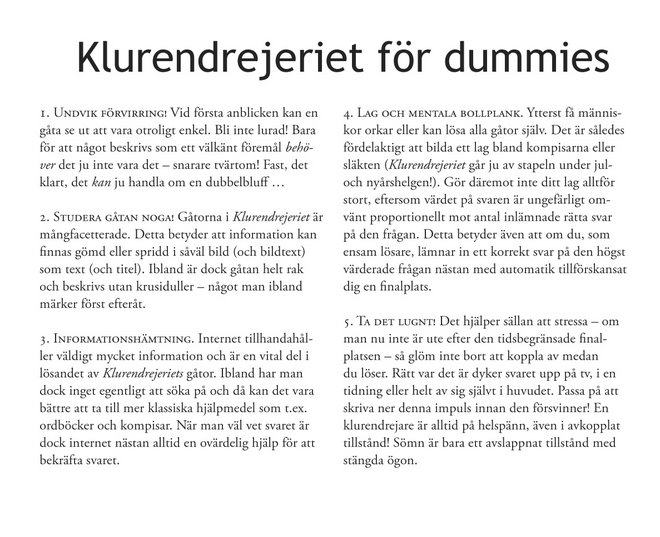There are many words in Swedish that are spelled the same way, but mean completely different things based solely on the fact that they are pronounced differently (as if they had a grave/acute accent), a so-called pitch accent. An excellent example is the pair anden (the duck) and anden (the ghost), and another is planet (planet) and planet (the airplane). The latter one can be distinguished using grammar rules, whereas the former is harder to see though context should make it obivous. To complicate matters, there are a few words that make use of the accents, for instance ide (lair) and idé (idea), but it would be wrong to write out accents for words that should not have any (except in the strict way of showing pronunciation).

En en or two ...?
Even one of the words for one, en, has a pitch accent friend in the word en (jupiper tree). And to make it even more odd, this word is an n-genus word, which makes a juniper tree be an excellent way of practicing both of the Swedish 101 rules featured on Klurbloggen so far: en en!






2 comments:
Homonym is the term you should use;
http://sv.wikipedia.org/wiki/Homonym
or
http://en.wikipedia.org/wiki/Homonym
Sorry if this information has already come up in this blog...
Yes, this type of similarity falls under the general terms of homonymy. However, there are many different types of homonymy which is why an explanation of the actual type was given. The words discussed in this blog post would often be called either heteronyms or heterophones in linguistics, as the term homonym is somewhat ambiguous. Thanks for the feedback! And for future reference: there is no need to apologize for any comment given on this blog!
Post a Comment